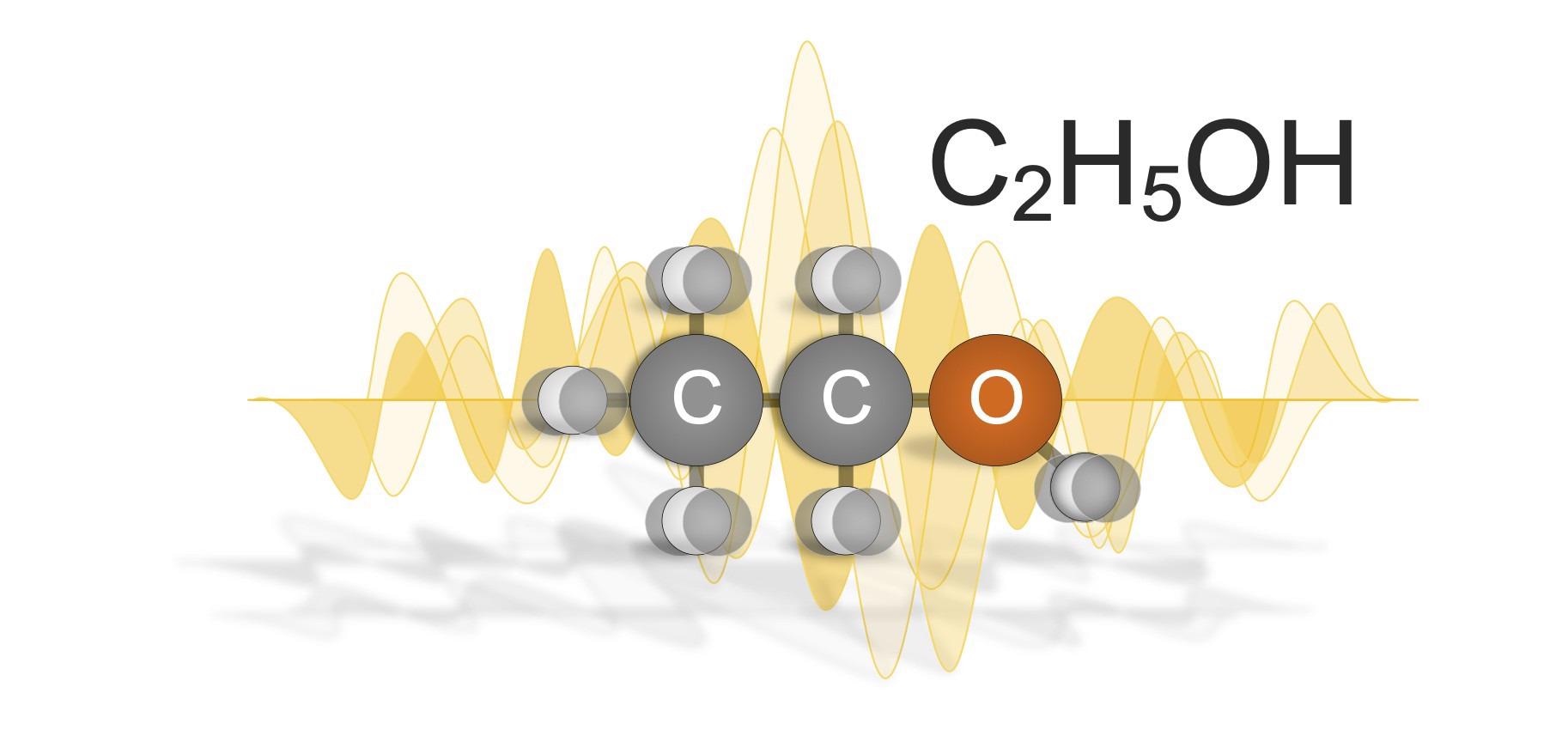
Image Credit: Skolkovo Institute of Science and Technology.
It is well known that molecular liquids, like water or alcohol, are polar. Polarity arises from the charge separation mechanism, the microscopic explanation for which is still not complete. The basic explanation of the polarization depends on a 100-years-old concept: the dielectric polarization is linked to the molecular dipole moment owing to their hydroxyl functional group (-OH).
Although the high polarizability of alcohol and the related high dielectric constant can be explained by orientations of these dipoles, the discrepancy between the quantified dielectric constants and those found by calculations reveals that other mechanisms not taken into account thus far could play a crucial role, as well. The precise mechanism of the dielectric response of alcohol is still not clear; hence, new concepts should be suggested and tested.
To address the problem, we experimentally investigated and compared the dielectric responses of a series of monohydric alcohols with different molecular chain lengths and found remarkable similarities which could not be explained by the conventional mechanism of rotating molecular dipoles.
Dr Alexander Ryzhov, Research Scientist, Skolkovo Institute of Science and Technology
Dr. Ryzhov is responsible for the experimental part of the research.
According to Professor Ouerdane from the Skoltech Center for Energy Science and Technology (CEST), “Notwithstanding the conventional wisdom, we found that the basic mechanism of the dielectric polarization in alcohols to be of a quantum mechanical nature: the tunneling of excess protons and the consequent formation of intermolecular dipoles with proton-holes.”
“These dipoles are the actual ones that determine the dielectric response from dc up to THz, irrespective of the molecule geometry, hence the orientation,” added Professor Ouerdane.
Our research provides a new insight into the properties of liquid dielectrics. The core assumption of our model pertains to a novel understanding of dielectric polarization phenomena in polar liquids by means of nuclear quantum effects.
Vasily Artemov, Study Leading Author and Senior Research Scientist, Skolkovo Institute of Science and Technology
The researchers acknowledge the Global Campus Program, which permitted Ms. Emma Carlsen, BSc in Chemistry from Brigham Young University, USA, to be invited to help with experiments during her two-month stay at Skoltech.
Journal Reference:
Artemov, V. G., et al. (2021) Nonrotational Mechanism of Polarization in Alcohols. The Journal of Physical Chemistry B. doi.org/10.1021/acs.jpcb.0c09380.